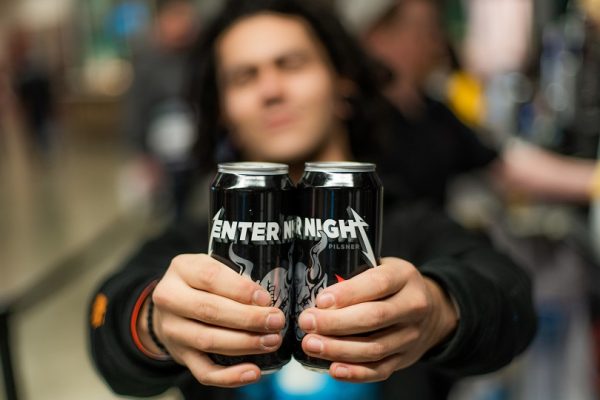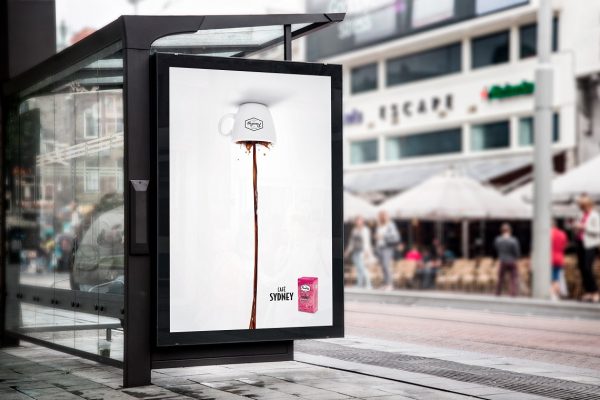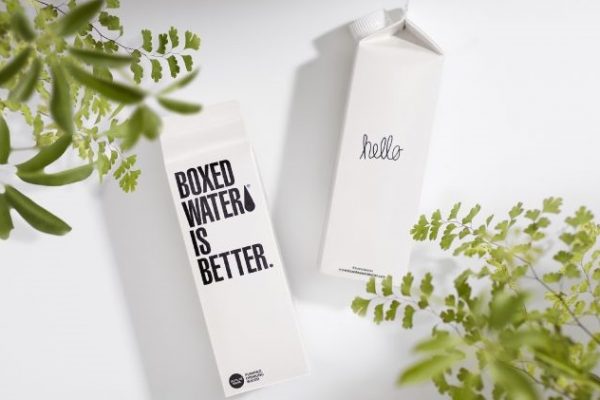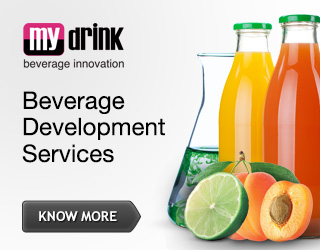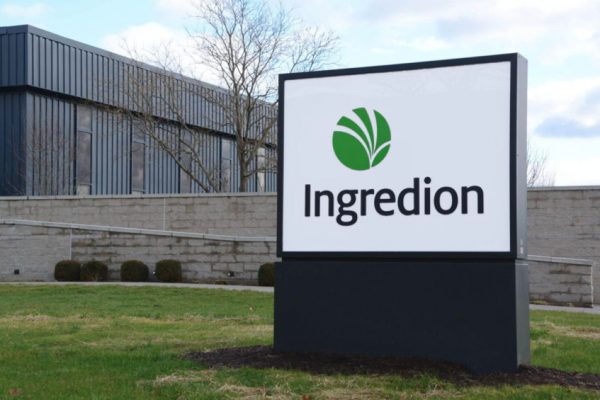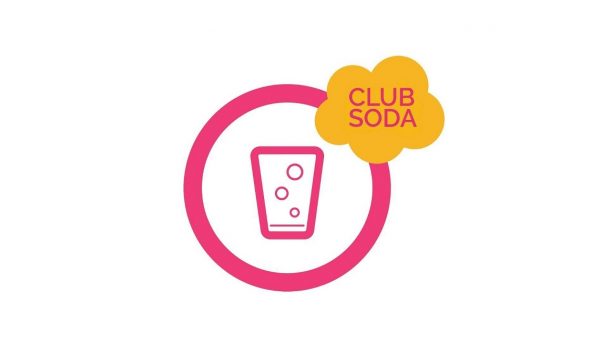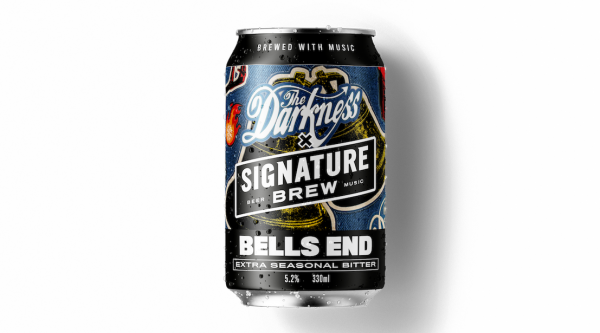How To
How to Adjust to Alcohol Beverage Industry Trends?
 In 2016 alcoholic beverage worldwide consumption dropped first time in 15 years (US market was one of exception) due higher taxation, aging population, high youth unemployment in some key markets and some other local issues. In order to succeed in overcrowded market, now more than ever, it’s very important for the producers to feel the market, understand consumers and predict what’s next “big thing”.
In 2016 alcoholic beverage worldwide consumption dropped first time in 15 years (US market was one of exception) due higher taxation, aging population, high youth unemployment in some key markets and some other local issues. In order to succeed in overcrowded market, now more than ever, it’s very important for the producers to feel the market, understand consumers and predict what’s next “big thing”.
The whole beverage industry is effected by the same behavior changes as the whole food industry – sustainability, premiumization, health and wellness, craft movement, flavor innovation – just to mention a few of them.
Take advantage of healthy consumer trend
Probably one of the biggest driver in product innovation is health and wellness. Due to the aging population in most developed countries, consumers are becoming more health conscious and are striving to consume products with perceived nutritional/health benefits. It’s a bit tricky for the alcohol producers (can’t claim health benefits), but there is the way to benefit from this trend.
Calorie reduction is the easiest path to achieve it – sugar reduction (using alternative natural or derived from nature low/zero calorie sweeteners or adding flavors with perceived sweetness sensation), fat reduction (most flavor companies are working on the taste modulators to substitute milk/cream in the final product and still deliver same great taste), lover abv products (beer mixes with juice, RTD cocktails and other categories).
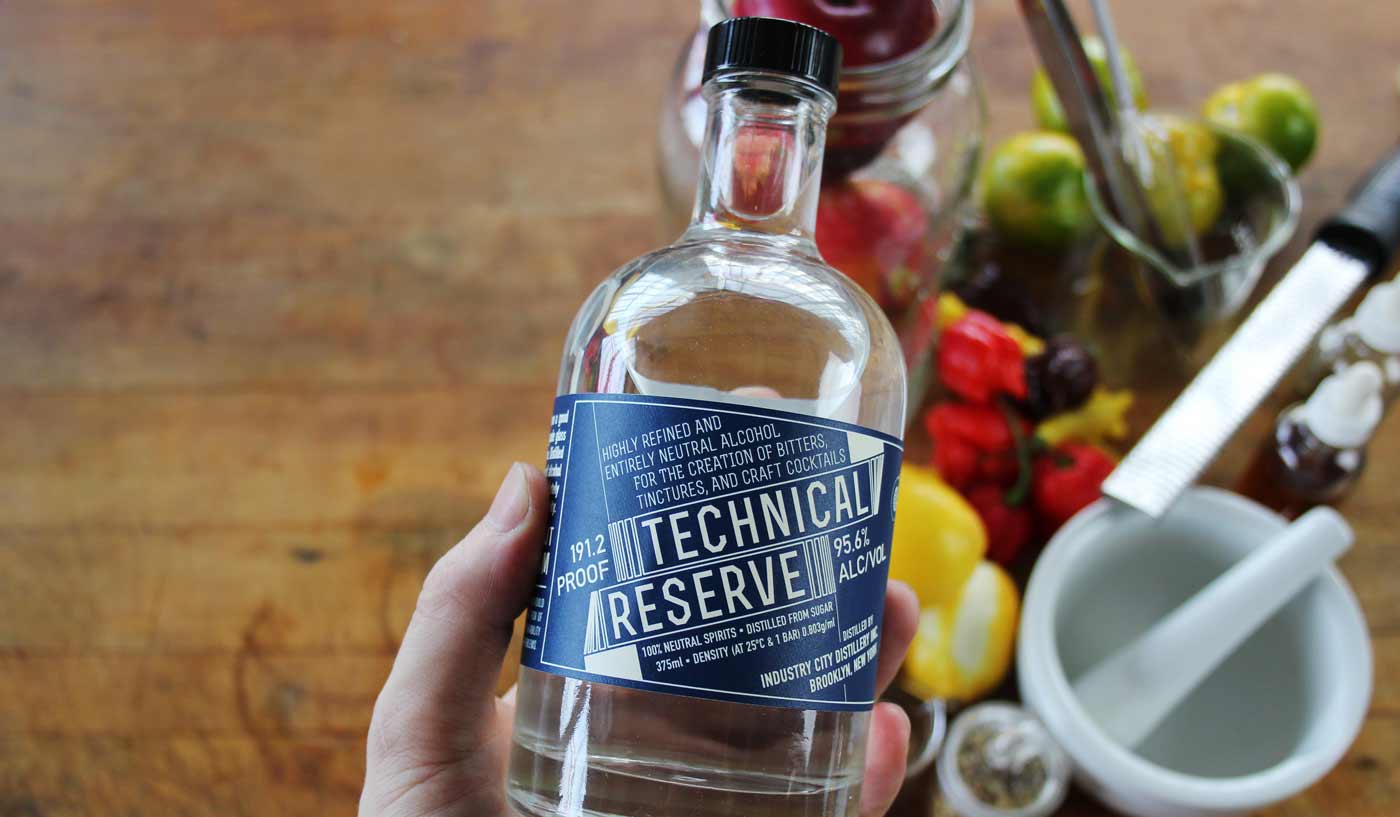 Another way to benefit from the trend is to use ingredients with perceived health benefits – natural juice, organic/natural flavors, superfruits, chocolate, etc.
Another way to benefit from the trend is to use ingredients with perceived health benefits – natural juice, organic/natural flavors, superfruits, chocolate, etc.
More value more business
Another big innovation driver is premiumization – even though alcohol consumption is on decline, people still consume alcohol on regular basis. Consumers are willing to spend more if they see value – that can be achieved with innovative packaging, clean/sophisticate labeling, ingredient selection, etc.
Business partners are just around the corner
One of the easiest way for small companies and startups to differentiate themselves in overcrowded beverage market is to exploit “craft” movement.
Same as with premiumization, consumers are willing to spend more when they think they support local producers – why to spend hard earn money on product produced in somewhere thousands of kilometers away, shipped for bottling to the other end of the world, and then shipped again to be sold in local corner shop, when you can get the same great product produced just around the corner, most likely using locally grown products, visit them, hear the great story how the brewery/distillery started and experience the production by yourself ?
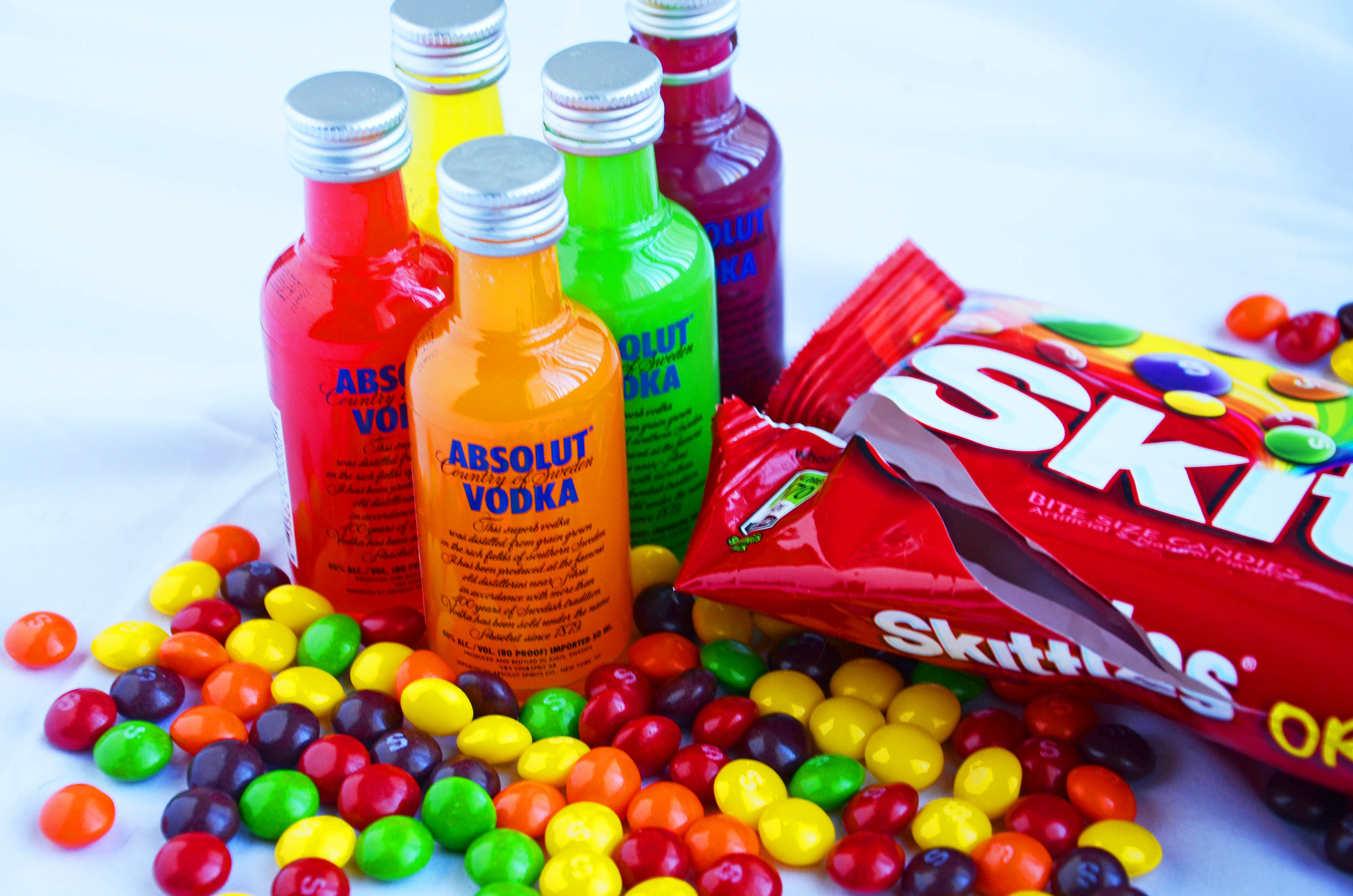 Be creative when it comes to flavors
Be creative when it comes to flavors
And don’t forget the flavor innovation – from dessert type to savory flavors in vodkas, different aging techniques in brown spirits, gin renaissance along with the “craft” movement, blending different distill spirits for the flavor profile uniqueness, beer brewing innovations, growing popularity of Latin America spirits (mescal, pisco, cachaça) – possibilities are endless.
Original article was published in Beverage Industry Blog.

